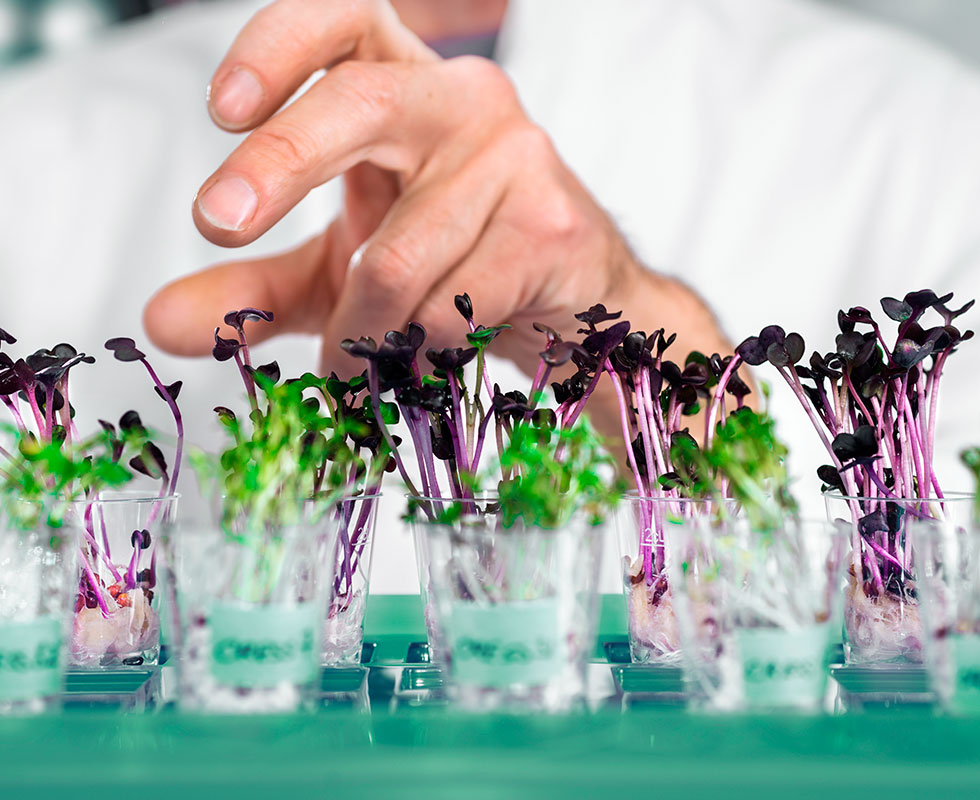
A Biologist has a solid background in botany, zoology, ecology and evolution, as well as areas related to cellular and molecular biology such as microbiology, bacteriology, parasitology, biochemistry and genetics. Its field of action covers research and industrial, business and technological innovation related to environmental problems and management of natural resources, biotechnology, public health and applications in medicine, among others.
ORGANISMS, ECOLOGY AND EVOLUTION (OEE): Marine biology, Plant evolution and diversity, Advanced evolution, Mycology, Evolution and diversity of animals, Phytopathology, Population genetics, Environmental toxicology and bioremediation, Microbial ecology.
MOLECULAR AND CELLULAR BIOLOGY (BMC): Virology, Structural and functional biochemistry, Immunology, Cell and tissue biotechnology, Introduction to genetic and metabolic engineering, Parasitology, Microbial biotechnology, Applied Microbiology.
VALID FOR TWO ITINERARIES (OEE AND BMC): Systems biology, Genomics and Proteomics.
Discussion of research articles.
Familiarization with laboratories and research methods.
Writing and oral expression in science.
EXPLORE-KNOW-LEARN
Formulation of small innovation-research projects.
Execution of assisted research tasks.
Presentation of reports, posters, and seminars of scientific dissemination.
Writing and oral expression in science.
PRACTICE-CRITICAL THINKING-CONSTRUCT
Formulation, execution and publication of project of degree.
Verification of hypotheses, emergence of innovative solutions or didactic tools.
Professional experience in internships or internships.
Writing and oral expression in science.
INNOVATE-RESEARCH-TRANSFORM